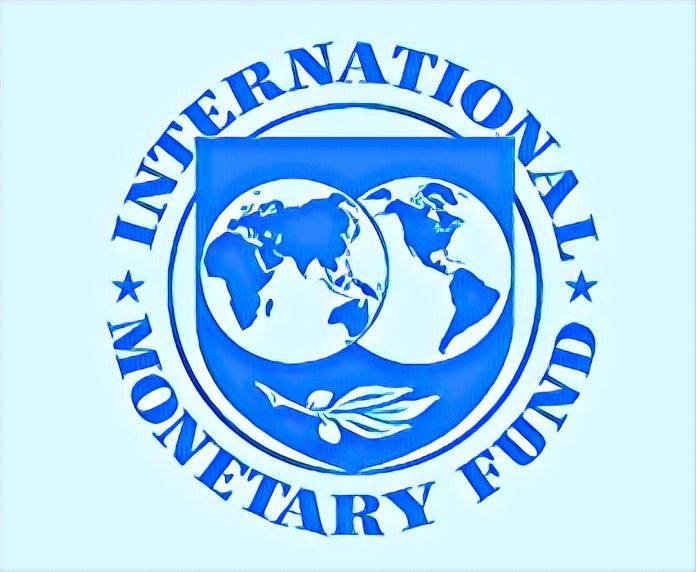KEY POINTS
- IMF cuts Nigeria’s growth forecast from 3.1 percent to 2.9 percent for 2024.
- Agricultural output hurt by flooding, while insecurity affects oil production.
- Global market disruptions also influence economic projections for sub-Saharan Africa.
Pierre-Olivier Gourinchas, the Chief Economist for the IMF, explained the reduced projection at the World Economic Outlook press briefing held during the ongoing IMF/World Bank Annual Meetings in Washington, DC, by citing security concerns that limit oil output and severe floods that affects agriculture.
“We revised Nigeria’s growth forecast by 2 percent down because of volatility in key sectors,” Gourinchas explained. “Agriculture has been hit by flooding, while insecurity continues to challenge oil production.”
According to Vanguard, Nigeria’s growth projection had initially been pegged at 3.3 percent in April before being lowered to 3.1 percent in July. However, the latest downgrade reflects ongoing vulnerabilities in two of the nation’s most crucial sectors.
Mixed global outlook influences IMF forecasts
Gourinchas did not address the precise effects of the Nigerian government’s policy to remove gasoline subsidies, despite the IMF’s revision of the country’s GDP outlook, claiming that the relevant data was not easily accessible.
However, he pointed out that the outlook for areas like sub-Saharan Africa is deteriorating due to issues in the global economy, such as disruptions in commodities supply, civil upheaval, and extreme weather occurrences.
On the other hand, the need for semiconductors, investments in artificial intelligence, and public infrastructure initiatives in China and India are driving growth in growing economies in Asia.
This global discrepancy demonstrates how differing local circumstances and policy choices are influencing economic outcomes in various geographical areas.
Preparing for the future amidst global instability
Notwithstanding Nigeria’s difficulties, the IMF stated that sustained efforts are required to guarantee medium-term growth.
In order to preserve stability in unpredictable times, the Fund’s study underlined the significance of structural changes, disinflationary tactics, and targeted assistance for disadvantaged groups.
In order to restore its growth trajectory and secure its economic future, Nigeria must address its internal weaknesses while the global market gets ready for more upheavals and changes.



